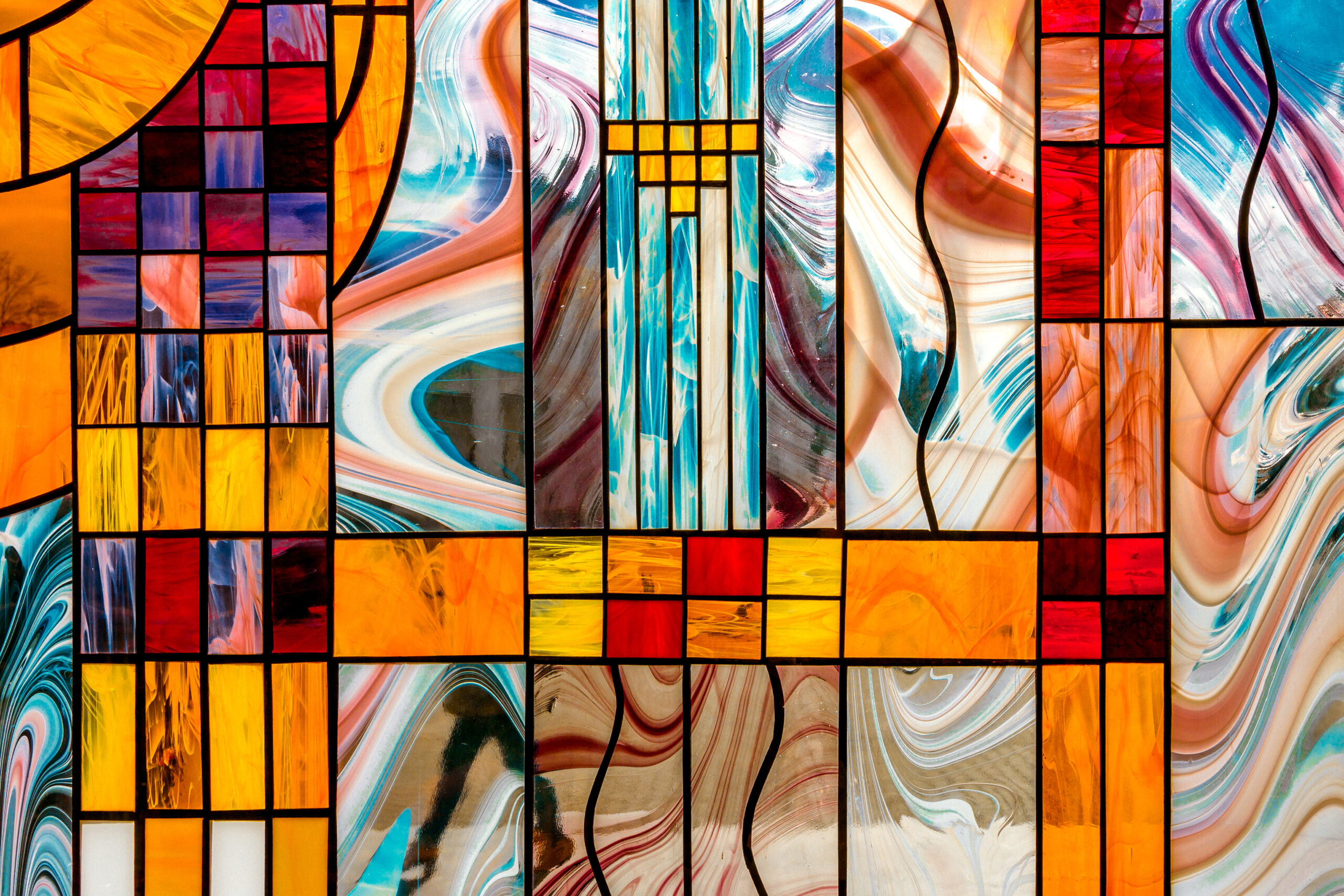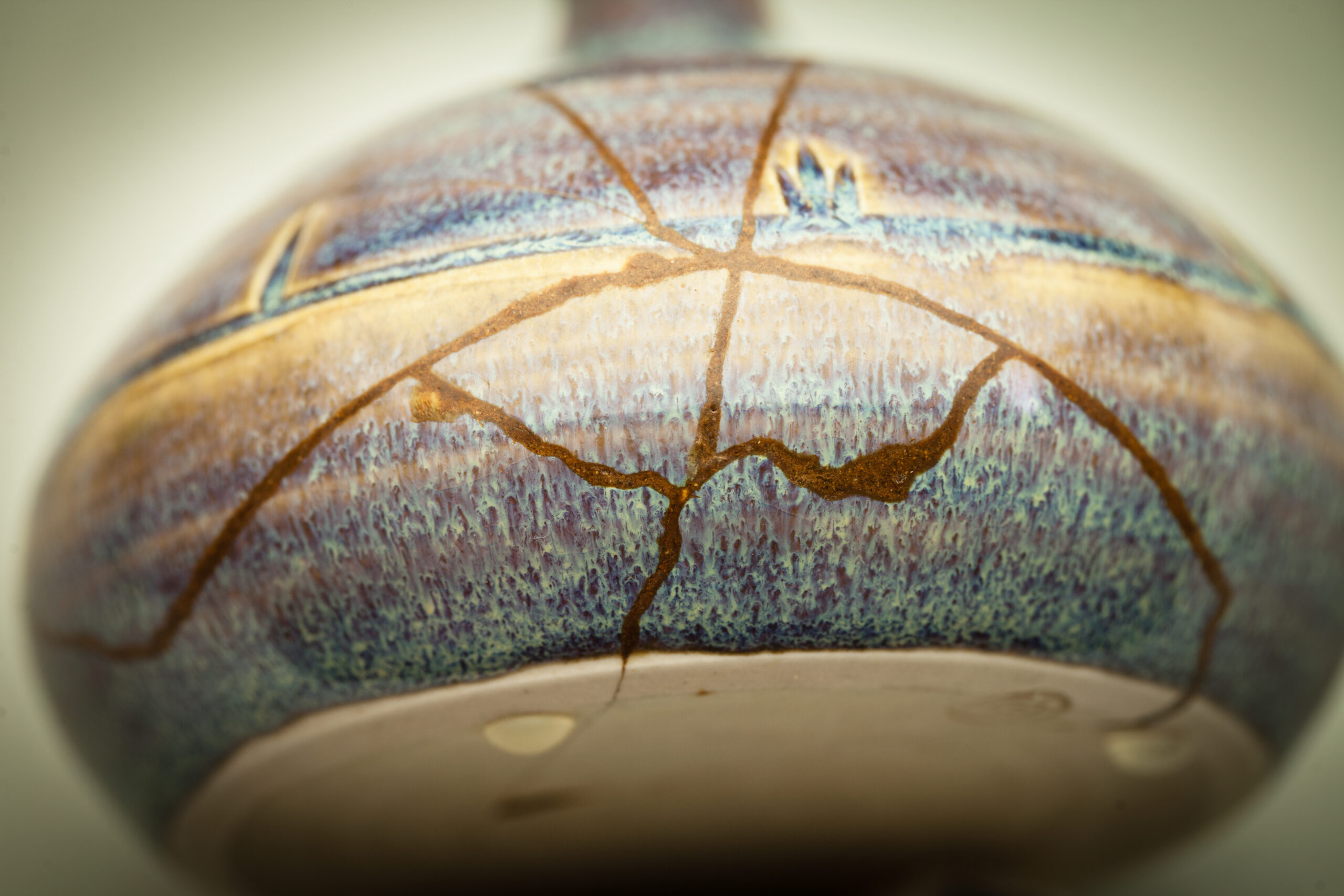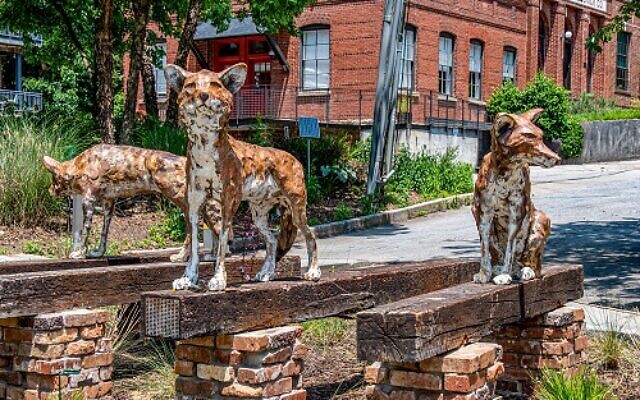Katie Steedly’s first-person piece [The Unspeakable Gift] is a riveting retelling of her participation in a National Institutes of Health study that aided her quest to come to grips with her life of living with a rare genetic disorder. Her writing is superb.
In recognition of receiving the Dateline Award for the Washingtonian Magazine essay, The Unspeakable Gift.
Enter your email here to receive Weekly Wide-Awake
Kate Bowler and Wajahat Ali: The Future of Hope
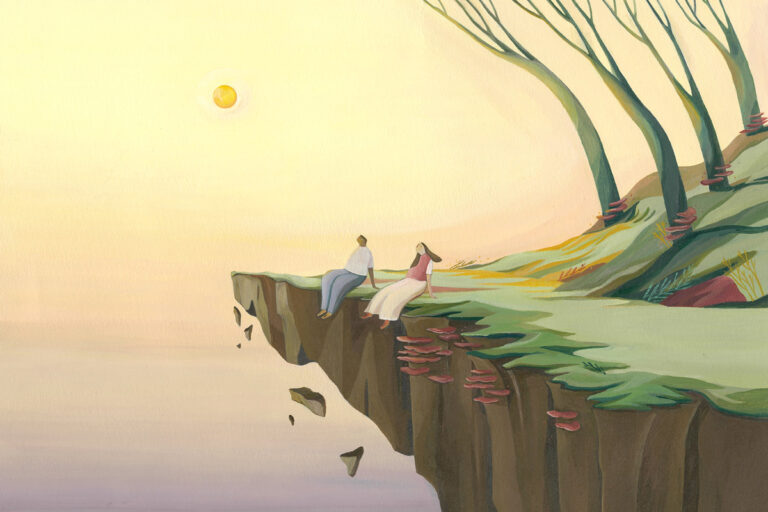
I think about being an incurable optimist as being a really, fundamentally, a story about hope. And it’s hope for me, it’s hope for you, that hope is a story about all of us that God puts in the future, ever before us and always with us and always behind us. But it moves in kind of that beautiful way that we will someday be wrapped up in a story about love that is beyond time and beyond our dumb bodies and beyond finitude and beyond tears. And that will be really beautiful.
Kate Bowler from On Being, “Kate Bowler and Wajahat Ali: The Future of Hope“
I was introduced to the work of Kate Bowler listening to this podcast episode. It is impossible to frame, though I will feebly try, the way my heart felt hearing Kate’s story the first time. Hearing her questions, asked with such elegance and vulnerability, changed parts of me that struggle with my perpetual existential crisis of hope and fear, between past, present, and future. Her openness around deep questions of faith and mortality makes my world a bit less lonely. It is comforting to simply share questions.
In this conversation, Bowler and Ali lay bare the meaning of time. Bowler describes, citing her friend Kurt, different ways of experiencing time. She explains crisis/tragic, ordinary/pastoral, and apocalyptic (times of pandemic, war, hunger, climate change) time. Present time is broken into these categories, and we move between them falling apart and back together, again and again. That makes sense to me. Extending this thought, Ali describes, “We, in America, live in that Hellenic timeline that just keeps going forward. And most of the world has lived in that Hebraic, kind of circular timeline, where the past bleeds into the future, the future is in the present.” Multiple understandings of time make sense to me. That cultures experience time in different ways makes sense to me. Time as a window into honest, brutal, beautiful hope makes sense to me.
I also deeply appreciate the distinction Bowler makes between hope and optimism. Bowler excavates her understanding of hope saying, “Hope is so tricky, isn’t it. It’s so easily confused with optimism, I think. And as a historian who’s studied optimism [laughs] for a really long time, I think it’s always been hard for me to reconcile, how do you be someone like a person of hope, when your problems aren’t always solvable?” Grounding hope in deep and abiding love, that lives within and beyond finitude and tears. Crafting hope as palpable, strong, abiding, complicated, graceful, and loving is no small feat, and Bowler accomplishes that in the telling of the story, which includes her faith story, her love story, her family story, and ultimately, her health story. Her story is the lived experience of the relationship between hope and optimism, fear and faith, dark and light, and life and death.
About Katie
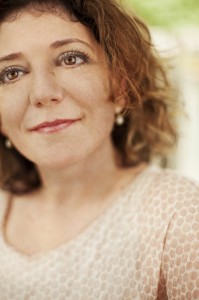
From Louisville. Live in Atlanta. Curious by nature. Researcher by education. Writer by practice. Grateful heart by desire.
Buy the Book!
The Stage Is On Fire, a memoir about hope and change, reasons for voyaging, and dreams burning down can be purchased on Amazon.


